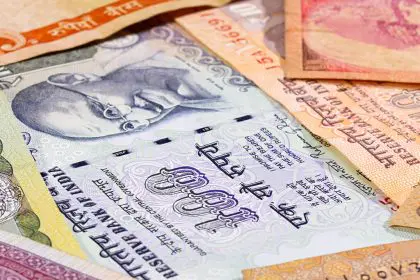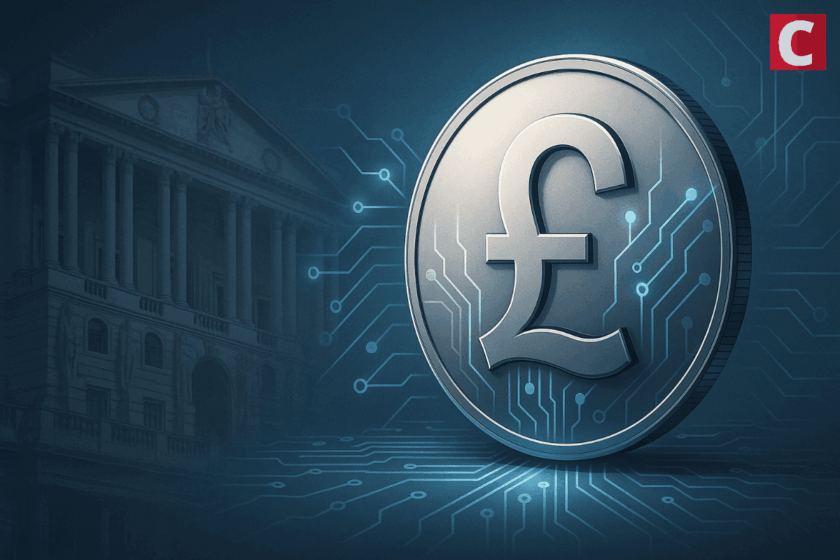The Bank of Thailand will penalize users for illegal use of stablecoins backed by the Thai Baht without actually taking formal approval from the central bank.
Last Friday, March 19, the Bank of Thailand published its guidelines on the use of Digital Baht and the legalities involving the use of stablecoins. The central bank has warned the public about stablecoins that purport to be backed by Thailand’s sovereign currency.
BOT has also called for inputs on regulatory consultations. Thus, the central bank has classified stablecoins into two different categories. The first category involves stablecoins backed by the country’s sovereign currency aka the Baht. The other category involves the rest of the stablecoins i.e. to either USD or Gold.
📌📋 Stablecoins Regulation Policy
👉 The following guidelines appropriate for the regulation of financial services involving stablecoins🔵 Baht-backed stablecoins
🔵 Other forms of stablecoins#BankofThailand #BOT #Stablecoins #CBCD #RetailCBDC— Bank of Thailand (@bankofthailand) March 19, 2021
The BOT refers to stablecoins as currency intended for everyday use aka “e-Money”. This terminology is in line with the country’s Payment Systems Act of 2017. Thus, anyone willing to offer Baht-backed stablecoin has to take prior approval from the central bank. Issuing such stablecoins without proper permissions will be illegal as per law.
Citing the UK, Singapore, and Japan, the BOT said that this policy is in tune with international standards. BOT governor Pruettipong Srimachand said that the central bank digital currency (CBDC) Thai Baht Digital (TBT)is created on the Terra platform, which supports the issuance of stablecoins. Srimachand added:
“Although THT is not used as a medium of exchange, it could cause fragmentation of the Thai currency system should THT or other stablecoins come to replace, substitute or compete with baht issued by the central bank. Such usage would ultimately affect the general public’s confidence in the stability of the national currency system, which is the cornerstone of all economic activities.”
As said, the other category would involve asset-backed stablecoins as well as other foreign currency-backed stablecoins.
BOT’s Digital Baht Plans ahead with Project Inthanon
As said, Thailand’s central bank has been working on its own CBDC under Project Inthanon. Besides, BOT has been also working on CBDC research with Hong Kong’s Monetary Authority for the last several months.
As the Thai crypto industry continues to expand, there’s still some scope to influence policy-making. The central bank is also open to inputs for guidelines on the other form of stablecoins. “The BOT is open to receive comments and feedback before considering regulatory guidelines as appropriate,” it said.
Interestingly, BOT is also working on a Retail Central Bank Digital Currency. The purpose behind this is “to meet the needs of the general public, improve service efficiency in the business sector, and increase access to financial services.”
Project Inthanon focuses on having a blockchain-based cross-border payment system in place. This project allows banks in Thailand and Hong Kong to send funds using smart contracts.
Bhushan is a FinTech enthusiast and holds a good flair in understanding financial markets. His interest in economics and finance draw his attention towards the new emerging Blockchain Technology and Cryptocurrency markets. He is continuously in a learning process and keeps himself motivated by sharing his acquired knowledge. In free time he reads thriller fictions novels and sometimes explore his culinary skills.




